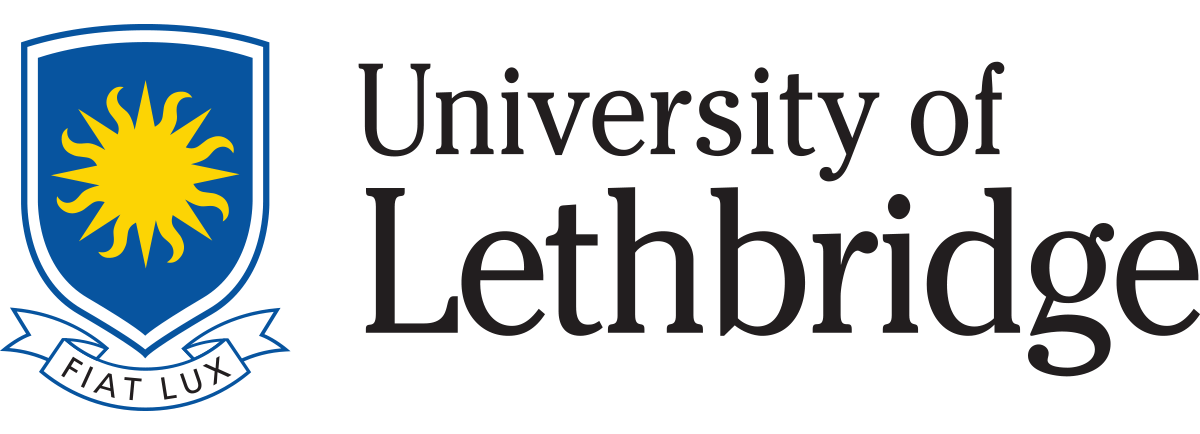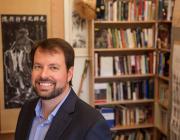Harding JS, Rodrigues HP. The Study of Religion: A Reader. London: Routledge; 2013. WebsiteAbstract
This collection illustrates the spectrum of ideas that people throughout history have had when considering how to understand and study religion. The editors present a selection of key writings that reflect a broad range of voices on the nature and practice of the discipline. Religious studies draws on works by anthropologists, sociologists, philosophers, theologians, and others, which notably impact our understanding of the concept of religion, of particular religious ideas, and on how religion should be studied. The Study of Religion: A Reader contains both classic and contemporary perspectives, including material from non-Western traditions. It provides students of religion with an understanding of how the discipline developed, some of the current issues and lines of thought, as well as future prospects.
Introduction Part One: The Discipline: Its History and Fundamental Perspectives Part Two: The Older Strata: Early, Classic, or Foundational Writings A. Philosophy and Theology B. Classic Social Scientific Perspectives (Sociological and Anthropological) C. Classic Phenomenological and Psychological Perspectives Part Three: The Newer Strata: Contemporary Voices in the Scholarly Study of Religion A. Contemporary Philosophy, Theology, and/or Religious Studies B. Contemporary Social Scientific Perspectives (Sociological and Anthropological) C. Contemporary Phenomenological and Psychological Perspectives Part Four: The Discipline: Contemporary Practices and Positions A. Critical Stance for Secular Study of Religion B. Positions and Practices in the Discipline Part Five: Religious Studies: Prescriptions and Prospects A. Disciplinary Boundaries B. Religious Studies in the Academy.
"What sets The Study of Religion: A Reader apart is not only its scope, the inclusion of influential contemporary readings, and its discussion questions, but also that it includes critiques of the field and invites readers to take them seriously as well." - Russell T. McCutcheon, University of Alabama, USA
"I can think of no better selection of scholarly texts with which to introduce students to the breadth of approaches to the academic study of religion. Like its complementary volume, Introduction to the Study of Religion, this balanced collection of old and new is guided by pedagogy rather than ideology." - Michel Desjardins, Wilfrid Laurier University, Canada
"The Study of Religion is an excellent reader—a thoughtful and creative selection of works on religion and ritual from a variety of disciplinary, historical, and cultural perspectives. It will give students in particular a clear sense of why religion still matters to our understanding of the social world. Highly recommended." - Matthew Engelke, London School of Economics , UK
"In this volume the editors have collected a set of absolute ‘must-reads’ for anyone interested in religion and the study of it. The contributions range wide across time and academic disciplines. Harding and Rodrigues are to be commended for having assembled with an open mind a broad scope of essays, leaving space for positive voices as well as for those critical and sceptical." - Jeppe Sinding Jensen, Aarhus University, Denmark




